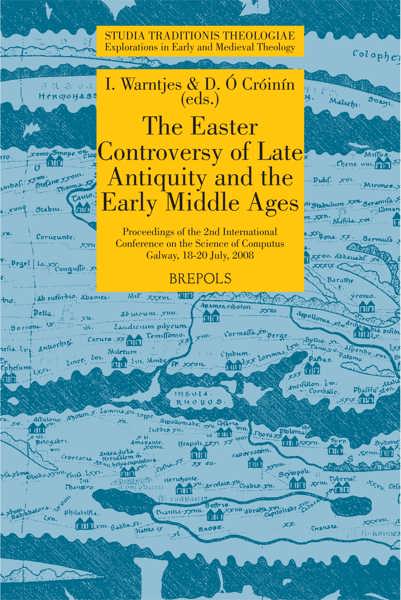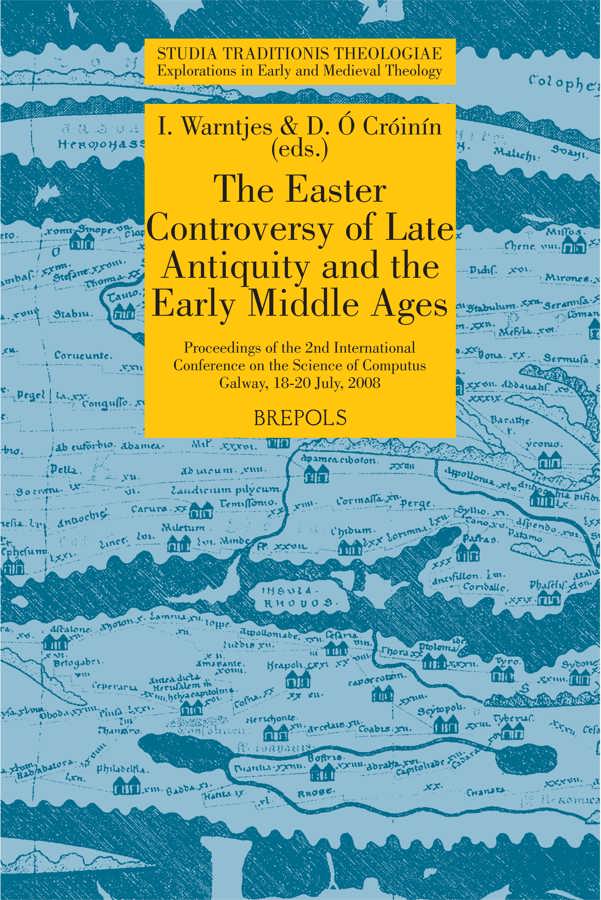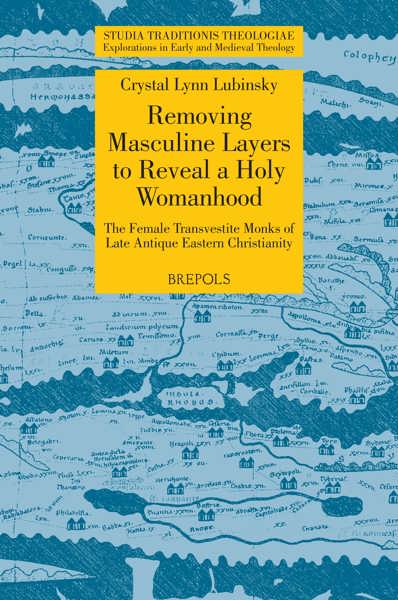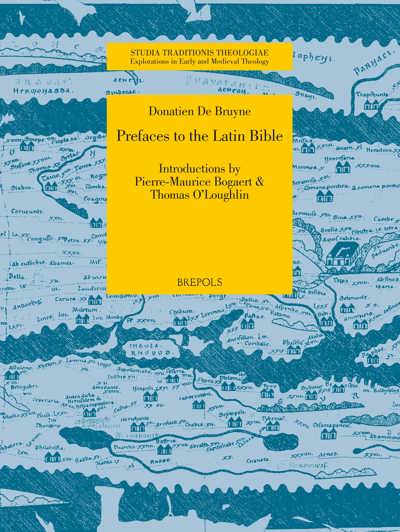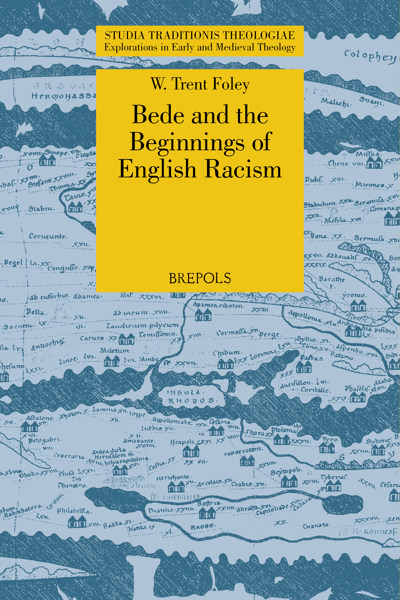
The Easter Controversy of Late Antiquity and the Early Middle Ages. Its Manuscripts, Texts, and Tables
Proceedings of the 2nd International Conference on the Science of Computus, Galway, 18-20 July, 2008
I. Warntjes, D. Ó Cróinín (eds)
- Pages: xii + 366 p.
- Size:156 x 234 mm
- Illustrations:12 b/w
- Language(s):English, German, French
- Publication Year:2012
- € 85,00 EXCL. VAT RETAIL PRICE
- ISBN: 978-2-503-53668-2
- Paperback
- Available
- € 85,00 EXCL. VAT RETAIL PRICE
- ISBN: 978-2-503-53970-6
- E-book
- Available
2010 saw the publication of the Proceedings of the 1st International Conference on the Science of Computus in Ireland and Europe, which took place in Galway, 14–16 July, 2006. That first collection, which had the sub-title Computus and its Cultural Context in the Latin West, AD 300–1200, brought together papers by ten of the leading scholars in the field, on subjects ranging from the origins of the Annus Domini to the study of computus in Ireland c. 1100. All those who participated in the Conference were unanimous that a second, follow-up event should be organized, and that duly took place (also in Galway), 18–20 July, 2008. The proceedings of that Conference are published in this current volume.
The topics covered in the 2nd Galway Conference ranged from the general – but vitally important – vocabulary of computus (i.e., the technical terminology developed by computists to describe what they were doing) to the origins of the different systems used to calculate the date of Easter in Antiquity and the Early Middle Ages. In addition, there was discussion also of the great debates about Easter, epitomized by the famous Synod of Whitby in AD 664, and the role of well-known individuals in the evolution of computistical knowledge (e.g., Anatolius of Laodicea, the African Augustalis, Sulpicius Severus, Victorius of Aquitaine, Cassiodorus, Dionysius Exiguus, Willibrord, the ninth-century Irish scholar-exile, Dicuil, as well as the late-tenth century Abbo of Fleury).
Immo Warntjes is lecturer in Medieval History at the University of Greifswald (Germany). Besides computistics, his main areas of research include the use of languages in Early Medieval Europe, succession to high offices, high and late medieval burial practices, and German, English, and Irish political history and culture.
Dáibhí Ó Cróinín lectures in history at NUI, Galway, where he is the Director of The Foundations of Irish Culture project. His research interests are Ireland, Britain and Europe during the Early Middle Ages, computistics, Medieval Latin Palaeography and Irish traditional music and song.
Leofranc Holford-Strevens – Church politics and the computus: From Milan to the ends of the earth
Alden Mosshammer – The Computus of 455 and the Laterculus of Augustalis, with an appendix on the fractional method of Agriustia
Daniel Mc Carthy – On the arrival of the Latercus in Ireland
Brigitte Englisch – Ostern zwischen Arianismus und Katholizismus: Zur Komputistik in den Reichen der Westgoten im 6. und 7. Jh.
Luciana Cuppo – Felix of Squillace and the Dionysiac computus I: Bobbio and Northern Italy (MS Ambrosiana H 150 inf.)
Masako Ohashi – The Easter table of Victorius of Aquitaine in Early Medieval England
David A.E. Pelteret – The issue of apostolic authority at the Synod of Whitby
Immo Warntjes – The Computus Cottonianus of AD 689: A computistical formulary written for Willibrord’s Frisian mission
James T. Palmer – Computus after the paschal controversy of AD 740
Werner Bergmann – Dicuils Osterfestalgorithmus im Liber de astronomia
David Howlett – Computus in the works of Victorius of Aquitaine and Abbo of Fleury and Ramsey
